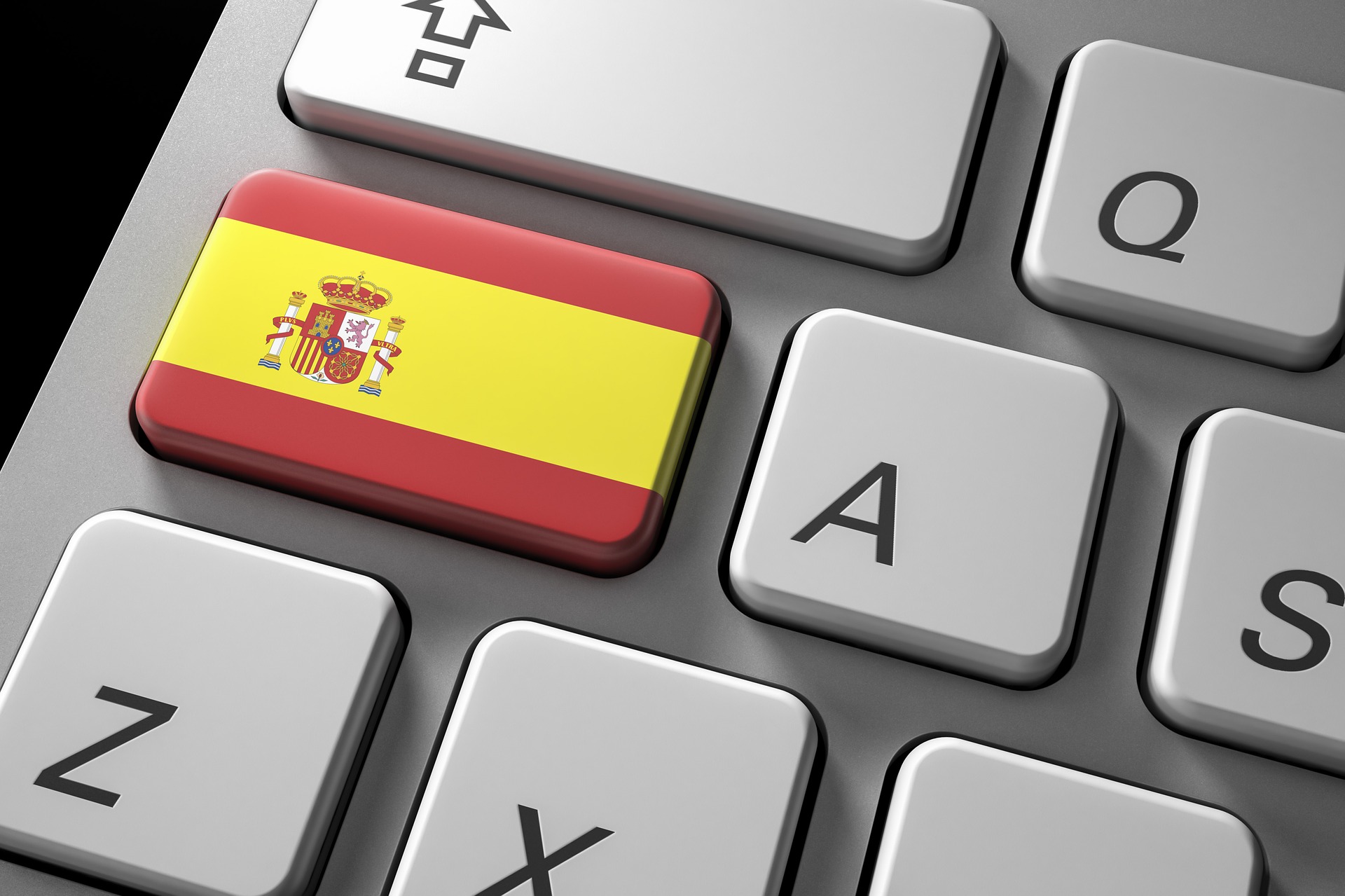
Translation of official documents for use abroad may at first seem like a simple and uncomplicated procedure. After all, there are many translation agencies in almost every country. But it is not that simple, and therefore we are often contacted by people who have already tried to translate documents on their own, lost time and money, and eventually have to do everything in a proper way.
So what are the most common mistakes made by people who need official translations of documents for use abroad?
The first and the most common mistake is "why would I pay more?”. A big number of people try to get their documents translated just by regular translation agencies, so not by sworn translators or notaries. Of course, it is cheaper that way. But it is totally useless. In most cases, public authorities (and often commercial companies, too) will require a sworn or a notarized translation, depending on the country. A translation done by a regular "non-certified" translation agency will then be a waste of time and money.
The second mistake is "translating at home". Many people think that a translation made by any official translator in the country of origin can then be used abroad. This is not the case. Foreign authorities generally require that a translation is done only by certified (sworn or notarized) translators in their jurisdiction. Therefore, if you are unable to go to the country, where the document will be used, and order a translation there in advance, it’s worth to find a company that will provide a remote translation but according to the rules of the country.
Mistake number three. “Why do we need an apostille?” Some people, for some reason, think that if they got a sworn translation of a document they don’t need to legalise it, that a sworn translation can replace a legalization procedure. This is certainly not the case. If your document does not have an apostille stamp or a consular legalization mark, a sworn translator will most likely not even take it to work. So remember that a legalization and a sworn translation are two completely different procedures.
Mistake number four. “It doesn’t matter where you get the documents translated; they will still be accepted by an embassy/consulate!" No. As a rule, consulates and diplomatic representatives in the host country have certain lists of accredited translators, so the documents can be translated only by them. Unfortunately, there is still no guarantee that such translation will be accepted abroad. Sometimes (though not always) you may be forced to translate the legalised document a second time - by a sworn or notary translator of the country you are in.
Mistake number five. "The translator names himself/herself a sworn translator, so it must be fine” Alas. There may also be scammers among translators, as among all other professions. You may come across a translator with forged documents or disqualified from providing official services for disciplinary reasons. Also, in some cases, translators pose as "official" by using similar terms. For example, in a country where the law requires only sworn translations, you may be offered a "certified" translation or a "legal" translation instead. However, such a translation will unfortunately not be valid. Before you contact a sworn translator you should carefully check their documents and if they are entered into special registries.
In general, before using your documents abroad, we advise you to always carefully study (on your own or with the help of experienced professionals) the laws of the country you are going to. This will make your trip more efficient.





